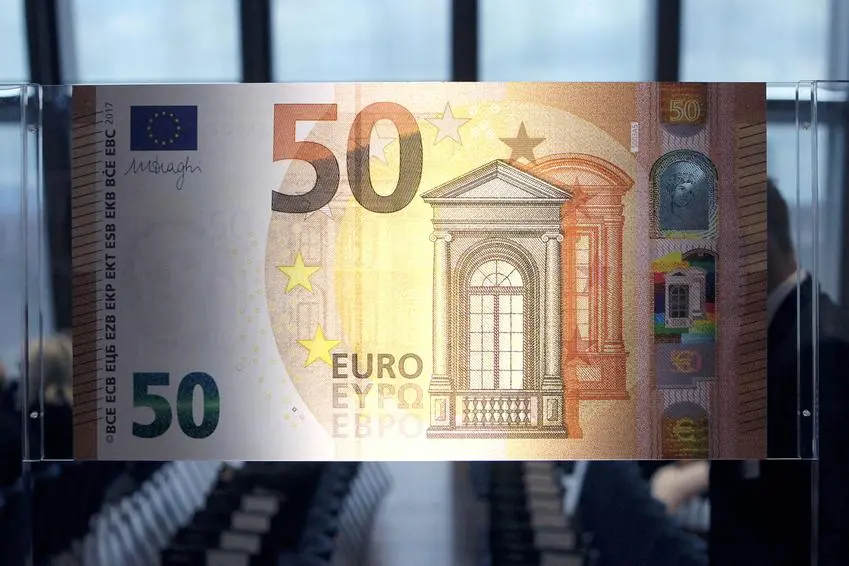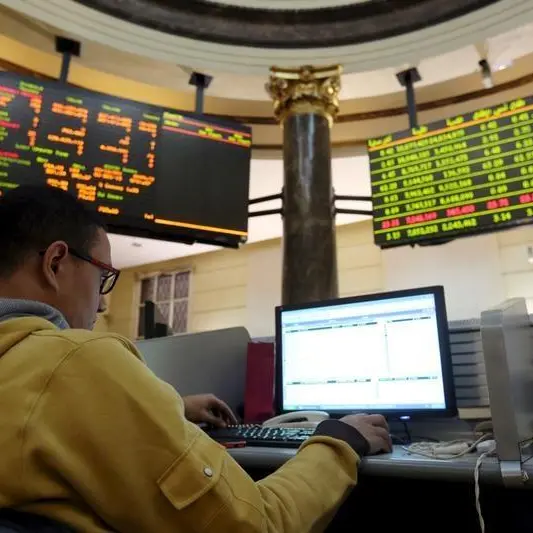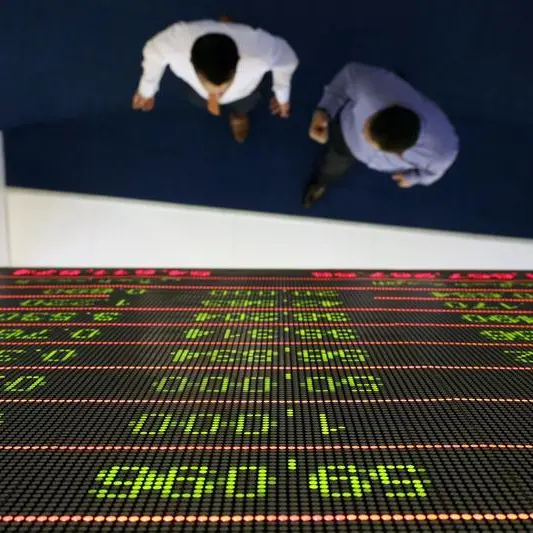PHOTO
European shares held steady on Tuesday after inflation data matched expectations, while Asian shares rose as some investors hoped U.S. President-elect Donald Trump would adopt less aggressive tariffs than previously thought.
Europe's continent-wide STOXX 600 index was last up 0.1%, after rising 0.95% on Monday following a news report that said Trump may consider narrower tariffs, which caused shares of automakers to rally. Germany's DAX was up 0.2% while Britain's FTSE 100 fell 0.2%.
MSCI's broadest index of Asia-Pacific shares outside Japan climbed 0.2%. Japan's Nikkei rose 2%, boosted by a rally in technology stocks. China's CSI 300 index gained 0.7%.
China's main stock exchanges asked some large mutual funds to restrict stock selling at the start of the year, three sources familiar with the matter said, as authorities sought to calm markets heading into a tricky period for the world's second-largest economy.
In the United States, S&P 500 futures were flat and Nasdaq futures lost 0.1% after the underlying indexes rose on Monday to more than a one-week high, aided by tech companies.
The Washington Post reported on Monday that Trump aides were exploring tariff plans that would be applied to every country but only cover certain sectors deemed critical to national or economic security, in what would represent a marked softening from promises Trump had made during the 2024 presidential campaign.
While the news initially sent stocks rallying and the dollar tumbling, Trump's subsequent denial reversed some of the U.S. currency's declines.
"No one really knows for sure what kind of tariffs or trade policies the Trump administration will implement," said Khoon Goh, head of Asia research at ANZ.
"It's still possible that what the Washington Post reported is true. His officials and aides of course will go through and come up with various options, but ultimately it's up to Trump to decide."
DATA DUMP
Euro zone inflation data on Tuesday showed price growth ticked up to 2.4% year-on-year in December on higher energy costs, from 2.2% a month earlier. The data was in line with expectations.
The key data release for the week will be the U.S. December nonfarm payrolls jobs report on Friday. U.S. job openings data is due later today, and Wednesday will bring weekly jobless claims figures and ADP's estimate of hiring in December.
In currency markets, the dollar index fell 0.3% to near a one-week low at 107.97, after dropping 0.55% in the previous session as investors reckoned watered-down tariffs would help other currencies relative to the greenback.
The euro and sterling extended gains from the previous session, each rising 0.3% to trade at $1.042 and $1.2558 respectively.
The Canadian dollar strengthened to 1.4305 per U.S. dollar, extending a rally on Monday after Canadian Prime Minister Justin Trudeau said he would step down in the coming months.
"Should Canada move toward an early election in which a Conservative-led government emerges, the CAD could appreciate," said Thierry Wizman, global FX and rates strategist at Macquarie.
Minutes of the U.S. Fed's latest meeting due on Wednesday will offer colour on officials' rate predictions, while there will be plenty of commentary from several top policymakers.
U.S. 10-year Treasury yields, which set the tone for borrowing costs around the world, held steady at 4.622% , around their highest since May.
(Reporting by Harry Robertson in London and Rae Wee in Singapore; Editing by Jacqueline Wong, Neil Fullick and Emelia Sithole-Matarise)





















